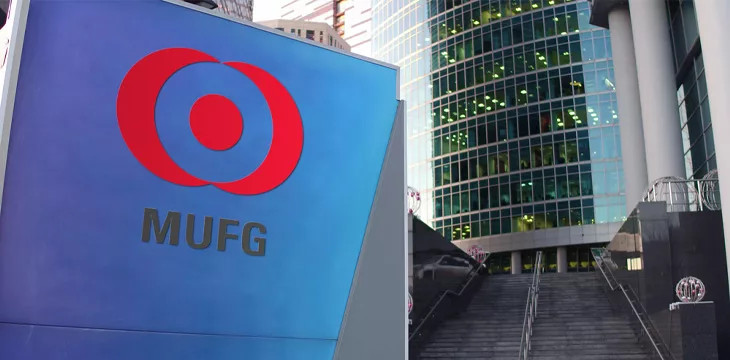Banking firm Mitsubishi UFJ Financial Group (MUFG) has confirmed that it will speed up the development of Progmat Coin, a stablecoin issuance platform with a target to onboard Japanese banking institutions.
In a statement, the firm noted that the platform will assist banks in floating their yen-pegged stablecoins on public blockchains.
On June 1, non-banking institutions in Japan were banned from issuing stablecoins following several months of legislative horse-trading. Since enforcing the new rules, MUFG is setting its sights firmly on bank-backed stablecoins in line with the amended Fund Settlement Act.
After receiving licensing from intermediaries, the next phase in MUFG’s plan is issuing and distributing the stablecoin to the platform’s users. However, it remains unclear if other Japanese banks will agree to use the platform, with Tokyo Kiraboshi, Shikoku Bank, and Minna Bank proceeding to launch their stablecoins without any reference to Progmat Coin.
MUFG plans to collaborate with blockchain infrastructure providers TOKI and Datachain to create a bridge to facilitate cross-chain transactions between distributed ledgers.
“TOKI is developing a “cross-chain bridge” that enables cross-chain transactions between public blockchains, and is scheduled to be launched in 2023. In addition to inter-blockchain communication technology with excellent security and scalability using IBC (*1) and LCP (*2) developed by Datachain, we have strengths in highly efficient liquidity mechanisms.,” the press release read.
MUFG highlighted several use cases for the functionality, including cross-chain swap, payment, and lending across several public blockchains. A full-scale launch for the functionality is expected in Q2 of 2024 and will cover transactions involving governance tokens and non-fungible tokens (NFTs).
Stablecoins brace for reshuffling in Japan
Amid the restriction of non-banking entities from issuing stablecoins in Japan, the country’s regulators have hinted at removing the ban on foreign stablecoins. The Financial Services Agency (FSA) announced that only approved stablecoins would be listed on digital asset exchanges but suggested imposing a remittance limit.
“This does not mean that all foreign products of so-called ‘stablecoins’ will be allowed without any restriction,” an FSA spokesperson said.
Authorities were stunned following the de-pegging of TerraUSD (UST) that triggered losses for investors, but it appears necessary guardrails have been implemented to shield Japanese investors from another black swan event.
 coingeek.com
coingeek.com
